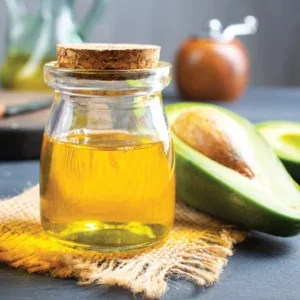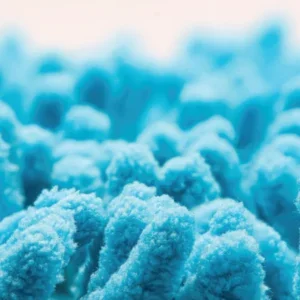Danish biotech company Novozymes has introduced a new enzyme that could help distillers to achieve higher alcohol yield with the same raw materials.
The company claimed that its new enzyme, Novozymes Sanferm Yield, enables alcohol producers to yield 2-3% more alcohol with enhanced fermentation efficiency as it takes 10-20% lesser fermentation time.
Alcohol producers are currently in need of a solution that can give both economic and technical benefits, due to the fluctuation in raw material costs.
According to the company, Sanferm Yield allows better control of the brewing process, while acting as a catalyst during the fermentation process.
Also, it helps in breaking the existing proteins and compounds in grain mashes into fermentable sugars and amino acids, which increases the alcohol yield, in addition to improving the fermentation within a shorter time frame.
This new enzyme provides better control of the existing fermentation process and delivers faster alcohol production, resulting in increased capacity, the company said.
Sanferm Yield can be used with a variety of grain-based raw materials, as well as with wheat, corn, rye, triticale, and rice, and works to increase production of a range of distillery products, including vodka.
Novozymes global marketing manager Elmar Janser said the enzyme helps alcohol producers to yield more alcohol with the same amount of raw materials, thereby saving money and time in the process.
"This definitely is a boon for the producers as it enables them to grow their business in a sustainable way with less and minimal utilization of natural resources," Janser added.
Sanferm Yield is believed to create a new sustainability within the distilling industry by reducing the usage of land and raw materials and transforming into increased agricultural capacity available for other uses.
In February, Novozymes introduced a new enzyme, Cellic Ctec3, which decreases costs and increases yields in production of advanced biofuels from agricultural residues and waste.






